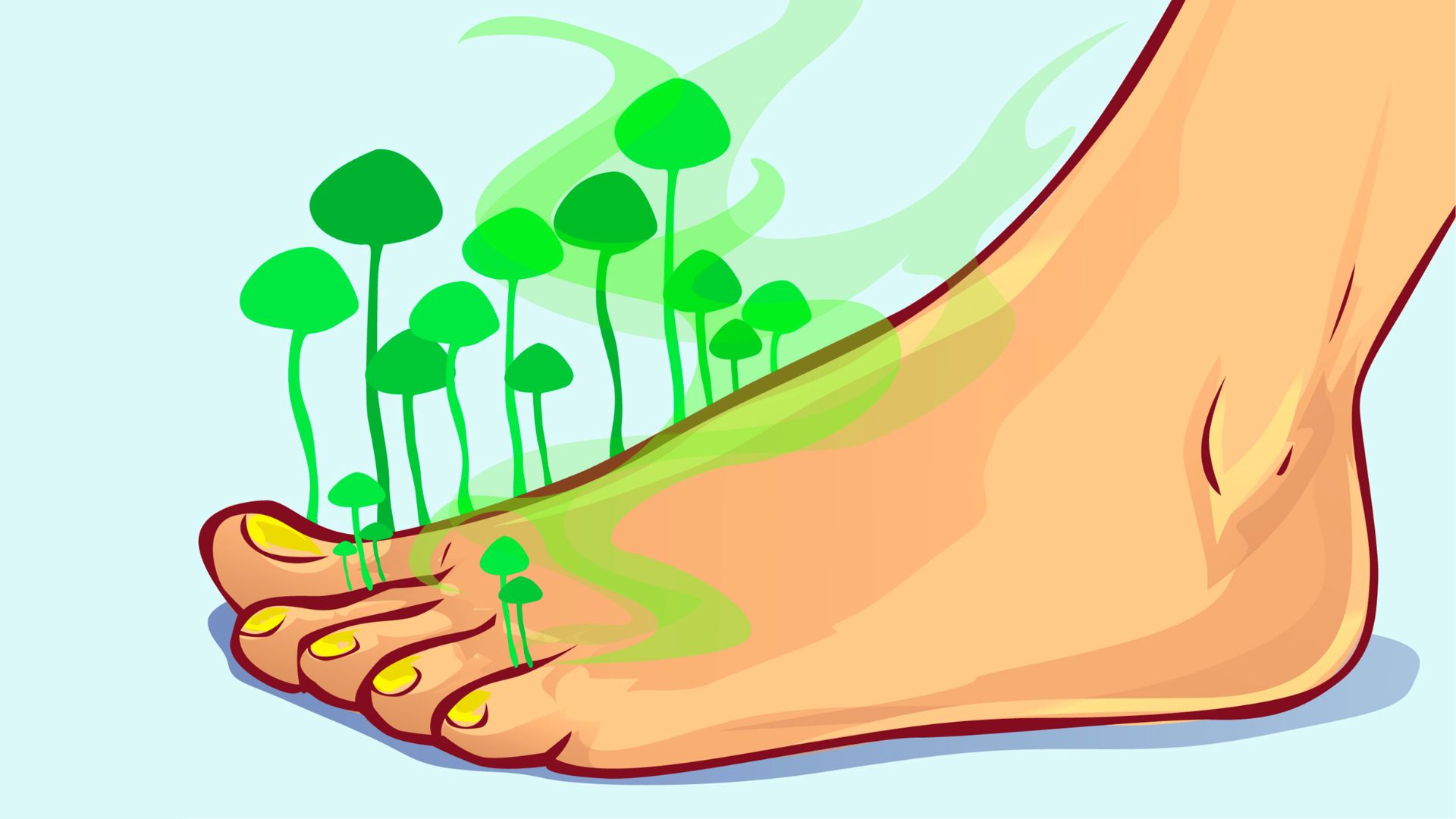Home Remedies for Nerve Pain
Nerve pain, also known as neuropathic pain, feels different from other types of pain. Many describe it as burning, stabbing, tingling, or electric-like. It can come and go or stay constant. Sometimes, even a light touch can hurt. Nerve pain often results from nerve damage, diabetes, infections, injuries, or other health conditions.
Nerve pain may affect daily life. Walking, sleeping, or doing regular tasks can become difficult. While prescription medications and procedures help, many people look for safe ways to find relief at home.

Warm and Cold Compresses
Warm compresses may soothe sore or irritated nerves. Applying heat boosts blood flow and relaxes muscles. Thereby, it can ease pain and stiffness. Use a warm towel or heating pad for about 15 to 20 minutes at a time. Always protect your skin from burns.
In some cases, cold packs may reduce swelling and numb sharp pain. Try each method to see which brings you comfort. Always check with your doctor if you have reduced sensation, as you might not notice injury from heat or cold.
Topical Remedies
Creams and ointments containing capsaicin (from chili peppers) or menthol may provide temporary relief. You can find these products at most pharmacies.
Apply as directed, usually two to four times daily. Be careful not to touch your eyes or sensitive skin after using capsaicin, as it can cause burning.
Gentle Exercise and Movement
Staying active can help reduce nerve pain. Research has shown that gentle activities such as walking, swimming, or stretching keep the joints and muscles flexible.
Exercise increases endorphins, your body’s natural painkillers. It also helps maintain a healthy weight, which takes pressure off your nerves.
Start slowly and listen to your body. If an activity increases your pain, stop and rest. Over time, regular movement may lower discomfort and improve mood.
Over-the-Counter Pain Relief
Some people find relief with over-the-counter medications such as acetaminophen or ibuprofen. As you probably know, these medicines can help ease pain and inflammation.
However, use them as directed. Taking too much can seriously harm your liver, kidneys, or stomach. If you need pain medicine for more than a few days, talk with your doctor.
Good Nutrition and Supplements
Certain vitamins and nutrients are vital for healthy nerves. For example, vitamin B12, vitamin D, and alpha-lipoic acid may support nerve health. Specifically, you can get these from foods or supplements:
- B vitamins: eggs, dairy, fish, poultry
- Vitamin D: fortified milk, eggs, sunlight
- Alpha-lipoic acid: spinach, broccoli, potatoes
A balanced diet with whole grains, fruits, and vegetables is best. If you think you lack certain nutrients, ask your doctor before starting supplements. Some supplements can interact with medications.
Massage Therapy
Massage is most helpful in relaxing tight muscles and increasing circulation. Some people find that a gentle massage eases their nerve pain, according to the Arthritis Foundation.
A professional massage therapist can create a session that fits your needs. If you prefer, you can try self-massage with a tennis ball or foam roller.
Mind-Body Approaches
Nerve pain often worsens with stress. Mind-body methods help you manage both pain and anxiety. Try deep breathing, meditation, or gentle yoga. These approaches help calm your nervous system and reduce tension.
Other relaxation techniques include listening to soothing music or practicing guided imagery. Reducing stress can help lower pain and improve sleep.
Sleep Hygiene
Good sleep is important for pain control. Try to go to bed and wake up at the same time each day. Make your bedroom quiet, dark, and cool. Avoid screens and caffeine before bedtime. If nerve pain keeps you awake, talk with your doctor about solutions.
When to See a Doctor
Home remedies can help, but they do not replace medical care. If your nerve pain is severe, gets worse, or does not improve with self-care, see your doctor. Sudden numbness, weakness, or loss of bladder or bowel control needs immediate attention.
FAQs
1. What causes nerve pain?
Nerve pain can result from diabetes, infections, injuries, vitamin deficiencies, or conditions such as shingles or sciatica.
2. Can home remedies cure nerve pain?
Home remedies can help reduce symptoms, but usually do not cure the underlying cause. Medical evaluation is important for ongoing pain.
3. Are supplements safe for nerve pain?
Some supplements support nerve health, but you should talk to your doctor before using them, especially if you take medications.
4. What foods help with nerve pain?
Foods rich in B vitamins, vitamin D, and antioxidants may support nerve health. Eat a balanced diet with fruits, vegetables, whole grains, and lean proteins.
5. When should I seek medical help for nerve pain?
See a doctor if your pain is severe, gets worse, or comes with weakness, numbness, or loss of bladder/bowel control.






